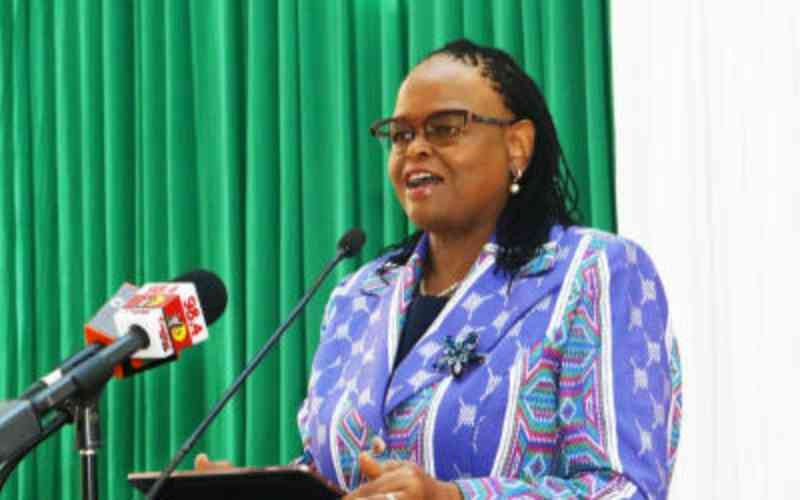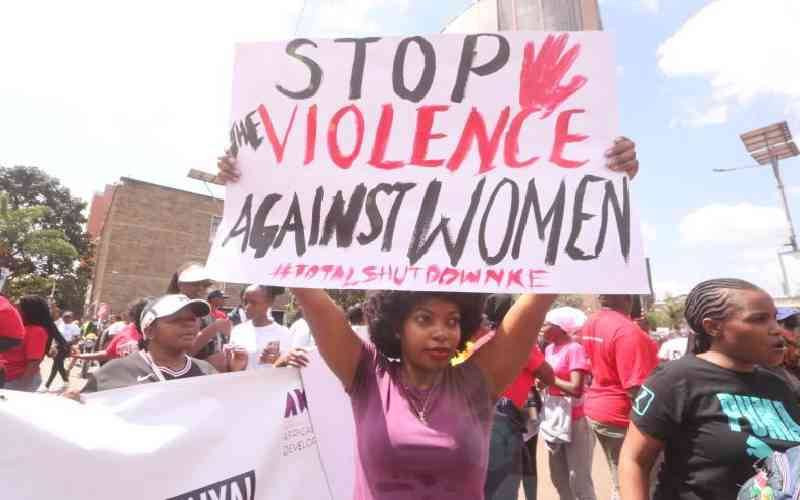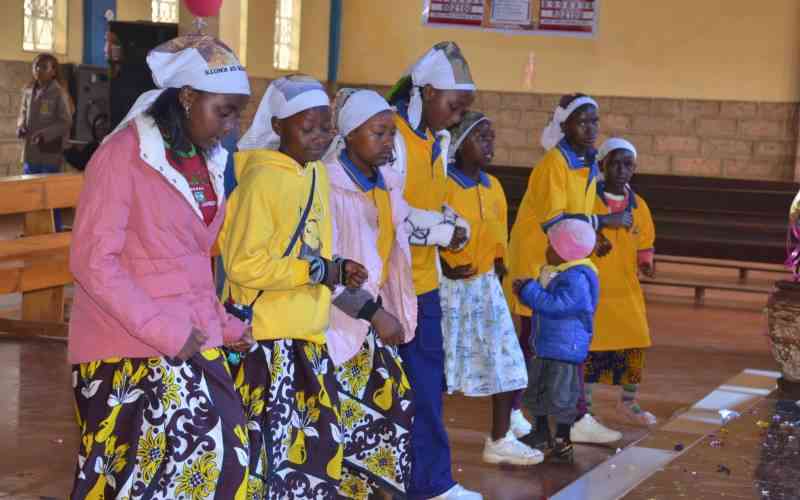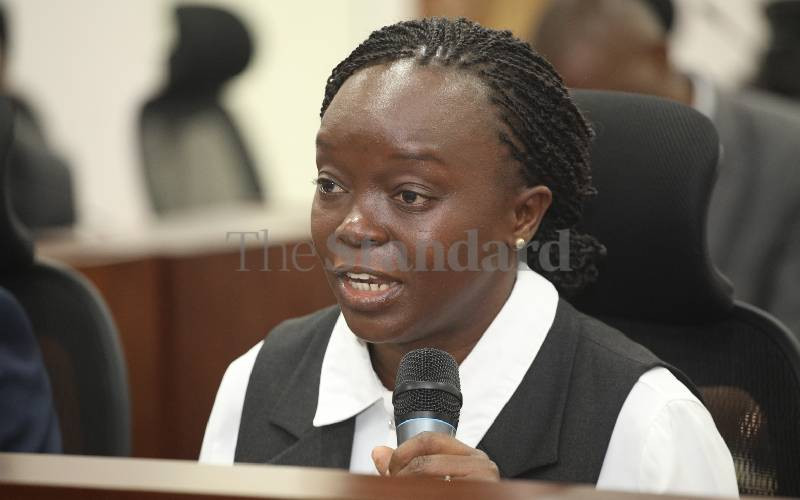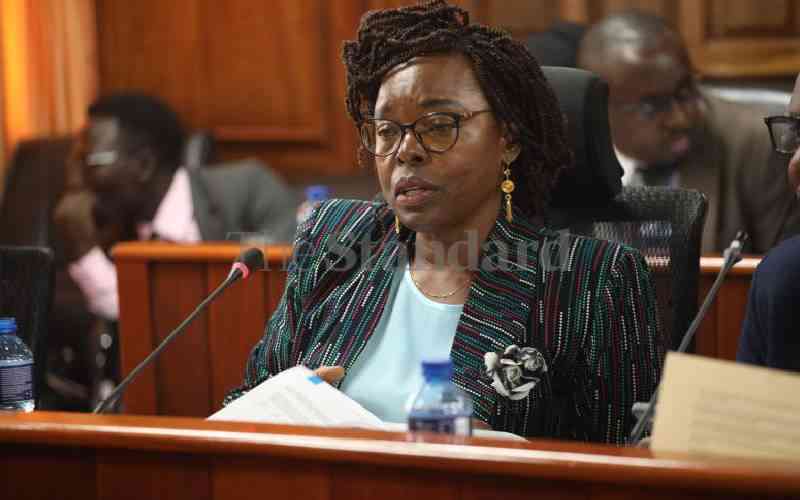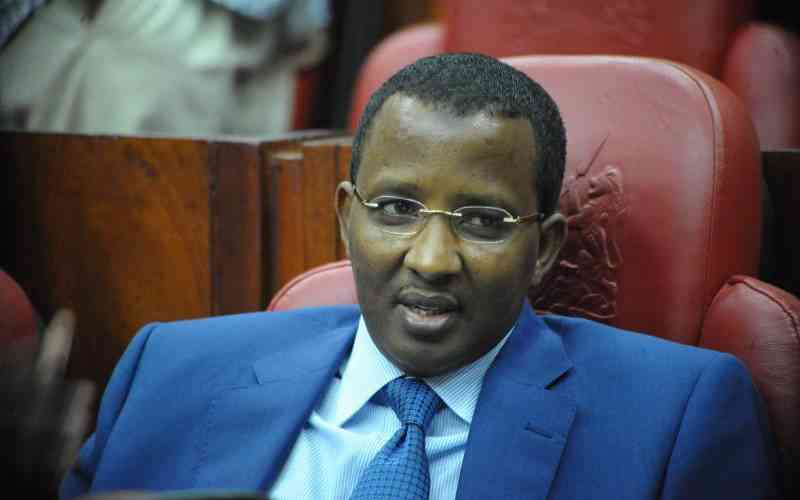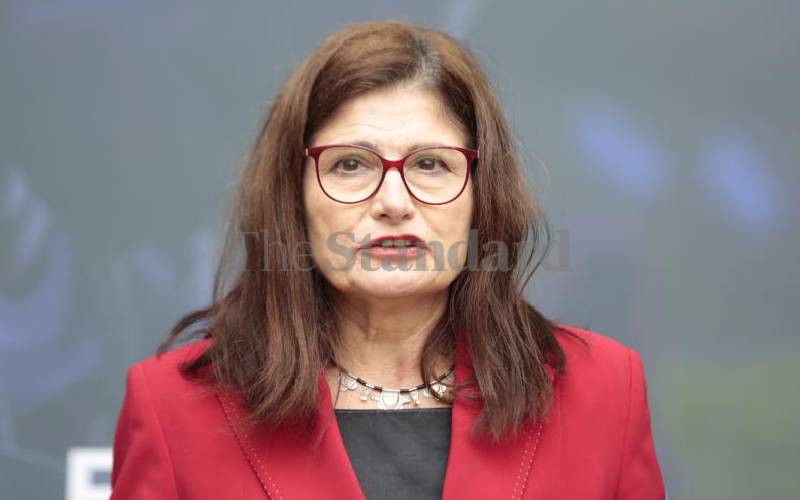
The European Union (EU) and a United Nations agency have launched a partnership to accelerate efforts to end female genital mutilation.
The three-year Sh544.6 million (€4 million) programme will engage frontline activists and civil society organisations while also collaborating with national and county institutions.
“By partnering with frontline activists in Kenya, communities will be actively engaged in delivering vital FGM prevention and response services and ensuring that survivors play a meaningful and active role in shaping and contributing to all efforts aimed at ending FGM,” said EU ambassador to Kenya Henriette Geiger.
The announcement came as the world marked the Human Rights Day on Tuesday and the end of the annual 16 Days of Activism against gender-based violence.
Despite significant progress, FGM remains a challenge. While national prevalence among women aged 15 to 49 has declined from 32 per cent in 2003 to 15 per cent in 2022, certain regions still record alarmingly high rates exceeding 70 per cent.
Persistent challenges such as deep-seated cultural beliefs hinder eradication efforts.
UN Population Fund (UNFPA) Representative in Kenya, Anders Thomsen, reiterated commitment to end FGM.
- UN urges action on cross-border female genital mutilation
- Lobby groups push for youth sexual and reproductive health rights ahead of Civil Society Summit
Keep Reading
“Through this partnership with the EU, UNFPA reaffirms its commitment to realising a Kenya where no girl or woman faces the trauma of FGM,” said Thomsen.
He said the “Stop FGM Now” programme would “prioritise the voices of women and girls, fostering an environment where their rights and aspirations take precedence over harmful practices.”
Globally, an estimated 4.4 million girls - or more than 12,000 each day - are at risk of FGM this year.
The project will concentrate efforts in seven hotspot counties; Wajir, Garissa, Isiolo, Marsabit, West Pokot, Elgeyo Marakwet and Tharaka Nithi.
Elsewhere, the UK government and UNFPA have handed over 31,300 sets of Jadelle contraceptive implants to the Ministry of Health as part of efforts to improve access and reduce stock-outs of family planning supplies.
The contraceptives will be distributed to health facilities across the country, contributing to the aversion of 60,073 unintended pregnancies, 1,014 maternal (171) and child (843) deaths, and 17,299 unsafe abortions.
“The UK is committed to being a global leader in supporting reproductive health services. Over the last six years, through our Delivering Equitable and Sustainable Increases in Family Planning programme, we have worked with the Kenyan government to ensure that more people have access to and use family planning services,” said Eduarda Gray, deputy development director at the British High Commission during the event at the Kenya Medical Supplies Authority warehouse in Nairobi.
Director General for Health Patrick Amoth said family planning was not only a reproductive health issue but also as a socio-economic development intervention.
Added Thomsen: “We are estimating that Kenya will save approximately Sh582 million in direct healthcare costs associated with unintended pregnancy.”
 The Standard Group Plc is a multi-media organization with investments in media platforms spanning newspaper print
operations, television, radio broadcasting, digital and online services. The Standard Group is recognized as a
leading multi-media house in Kenya with a key influence in matters of national and international interest.
The Standard Group Plc is a multi-media organization with investments in media platforms spanning newspaper print
operations, television, radio broadcasting, digital and online services. The Standard Group is recognized as a
leading multi-media house in Kenya with a key influence in matters of national and international interest.


